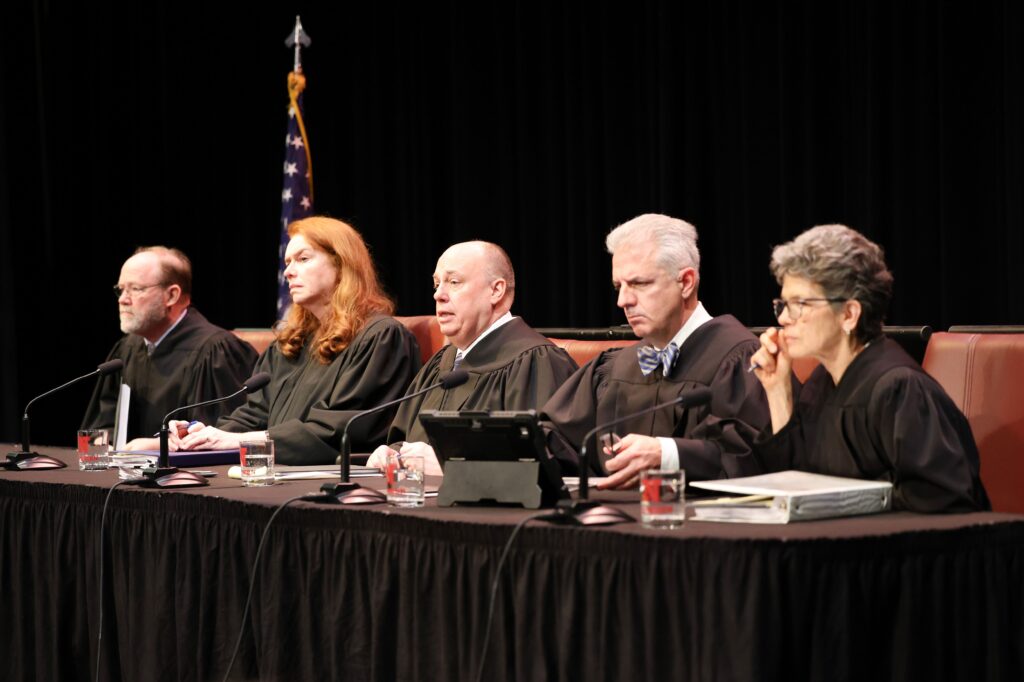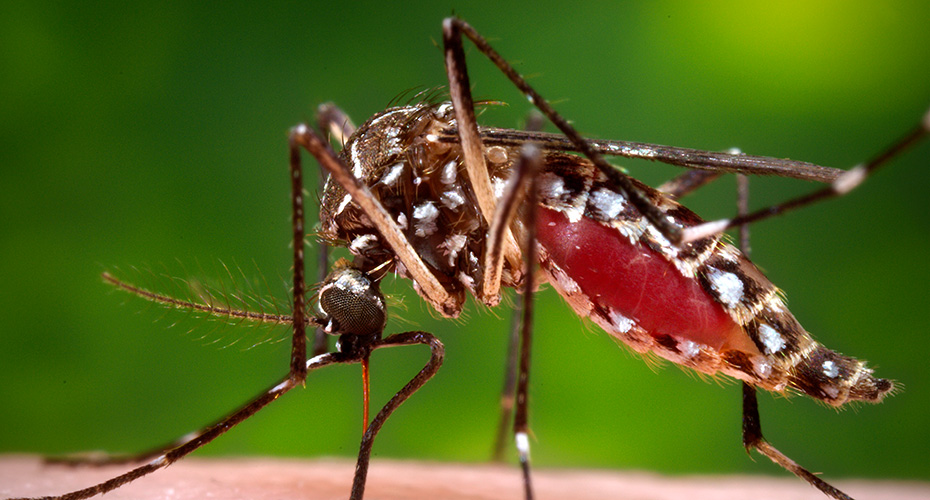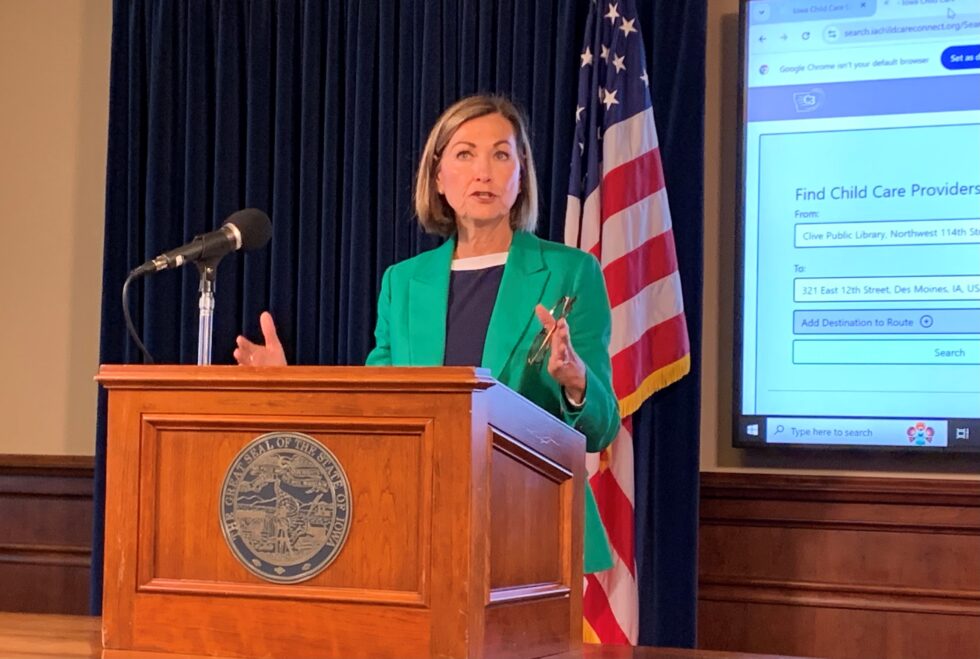KJAN News can be heard at five minutes after every hour right after Fox News 24 hours a day!
Keep up-to-date with Fox News Radio, Radio Iowa, Brownfield & the Iowa Agribusiness Networks!

KJAN News can be heard at five minutes after every hour right after Fox News 24 hours a day!
Keep up-to-date with Fox News Radio, Radio Iowa, Brownfield & the Iowa Agribusiness Networks!
(Pierre, South Dakota) – The company trying to build a carbon-capture pipeline through multiple states, including Iowa, has not yet proven it should be allowed to take private land for public use, according to a South Dakota Supreme Court ruling issued Thursday. The South Dakota Searchlight, in conjunction with the Iowa Capital Dispatch, says landowners who oppose the project hailed the decision as a victory, but the company expressed confidence it could go back to lower courts and prove its case.
Summit Carbon Solutions, of Iowa, is developing an $8 billion pipeline project. It would capture carbon dioxide produced by 57 ethanol plants in multiple states and transport it to an underground storage site in North Dakota. The company hopes to capitalize on federal tax credits incentivizing the removal of heat-trapping carbon from the atmosphere.
The pipeline would pass through 18 counties in eastern South Dakota. Some landowners along the route sued to stop the company from conducting land surveys. Summit says the surveys are justified because the company qualifies as a common carrier, and common carriers are allowed to use eminent domain.
The state Supreme Court ruled Summit had not yet proven to lower courts that it’s “holding itself out to the general public as transporting a commodity for hire.” The Supreme Court sent the matter back to South Dakota’s lower courts for further proceedings, adding that the Supreme Court justices “make no judgment as to SCS’s ultimate common carrier status.”

Members of the South Dakota Supreme Court hear oral arguments on March 19, 2024, in Aberdeen on a carbon pipeline case. From left are Justices Scott Myren, Janine Kern, Steven Jensen and Mark Salter. Judge Jane Wipf Pfeifle, at right, sat in for Justice Patricia DeVaney, who disqualified herself from the case. (Photo by Dave Bordewyk/South Dakota NewsMedia Association)
Summit spokesperson Sabrina Zenor said in a statement that the company is confident it can provide additional information to lower courts proving its project qualifies as a common carrier. Meanwhile, attorney Brian Jorde, representing more than 1,000 landowners affected by the project, told South Dakota Searchlight the ruling validated what he and his clients have argued for three years.
The project has approval from the Iowa Utilities Board, but that approval is conditioned on Summit gaining permits in North Dakota and South Dakota, which have not been granted. Jorde said the South Dakota Supreme Court decision means Summit is now “in a real bind.”
(Radio Iowa) – Governor Kim Reynolds says she has not opted out of a federal program to provide food to needy Iowa child next summer, she’s just waiting to see if the U-S-D-A will let her use the money to set up a new system in Iowa for distributing it.
Iowa was one of 13 states that did not participate in THIS summer’s U-S-D-A program which provided families with an extra 140 dollars in grocery money for each child who qualifies for free or reduced price school lunches. Reynolds has drawn up a plan to distribute the 29 million dollars in benefits by having the state buy the food and box it up.
The governor says the boxed up food would be distributed by the state’s 12-hundred food banks and food pantries as well as the 500 sites around the state — mostly schools — that provided summer meals this summer. Critics say giving Iowa parents electronic benefits cards lets them address the nutrition needs of their family and avoid foods their kids are allergic to. Reynolds says the emphasis in her alternative is on healthy food.
Reynolds made her comments during a news conference yesterday (Thursday), but has not said whether she will opt out of the Summer feeding program next year if the U-S-D-A does not fund her food box alternative. The governor’s Health and Human Services director says she’s had a couple of productive conversations with a top U-S-D-A official about the governor’s waiver request.
(Des Moines, Iowa) – Officials with the Iowa Department of Health and Human Services (HHS), Thursday evening (8/22) announced the first case of West Nile virus (WNV) infection reported in 2024, is an older adult (61-80 years) from Harrison County. The case was confirmed through a test at the State Hygienic Lab.
Warm summer weather means Iowans are spending more time outside which increases the risk of mosquito bites. Bites from infected mosquitos are the primary method in which humans are infected with the virus.
For the best protection against the virus, Iowans should use an insect repellent with DEET, Picaridin, oil of lemon eucalyptus, Para-menthane-diol, 2-undecanone or IR3535. Insect repellent lowers the risk of mosquito bites.

Additional steps Iowans can take to protect themselves include:
Iowans infected with WNV may not experience any signs or symptoms of the virus. Some people experience minor symptoms like fever and mild headache. Others, however, can develop serious symptoms such as a high fever, headache, disorientation, and muscle weakness.
People who experience mild signs and symptoms of a WNV infection generally recover on their own. But illness that includes a severe headache, disorientation, or sudden weakness require immediate medical attention.
In 2023, 17 Iowans were diagnosed with West Nile virus, with one death.
For more information on West Nile virus, visit https://hhs.iowa.gov/center-acute-disease-epidemiology/epi-manual/reportable-diseases/west-nile-virus.
(Atlantic, Iowa) – The Atlantic School Board met in a short Special Session, Wednesday afternoon via Zoom. According to the meeting minutes provided by Board Secretary/Director of Finance, Lisa Jones, following discussion, the Board passed a motion by Jodi Goodrich, to approve the following hires:
The next meeting of the Atlantic School Board is a Work Session at 5:30-p.m. on August 28th, in the Achievement Center Conference Room.
[Updated 7:26-p.m.] (Massena, Iowa) – Officials with the City of Massena report the City is currently under a BOIL ORDER until further notice. The Order was issued after a chemical pump malfunctioned, causing chlorine residual levels to become low. The city has replaced the chlorine injection pump, and the affected area is being disinfected and flushed. City officials are notifying residents via Facebook, public notices and door to door contact.
Officials say there is no reason to believe water quality has been compromised, but as a precaution, customers are encouraged to boil water that will be consumed or used for food preparation. Water should be boiled for two minutes and allowed to cool before use. Water is safe to use for showering, laundry, general washing and outdoor use without boiling.
Two sets of bacteria samples will be collected for testing once residual chlorine levels have returned to normal. The boil advisory will be lifted once two consecutive sets of bacterial samples have tested negative for bacteria.
Here are some tips from the Centers for Disease Control and Prevention, during a BOIL ORDER:
Handwashing
Bathing and showering

Brushing teeth
Washing dishes
Laundry
Cleaning
Caring for pets
Caring for your garden and houseplants
(Radio Iowa) – Many of us woof down an occasional hot dog, but a health care professional is urging Iowans not to make a steady diet of what are known as ultra-processed foods. Cindy Lueck, a registered dietician at Gundersen Health System, says there are whole aisles of ultra-processed foods in many supermarkets. Besides hot dogs, the list includes soft drinks, deli meats, packaged cookies, other packaged desserts and more.
Lueck wouldn’t go so far as to say these foods are dangerous, but she says they’re miles from being close to beneficial.

Cindy Leuck (Gundersen photo)
Having a packaged cookie or a soft drink now and then won’t likely do much harm, but Lueck says if you make a routine of eating this type of food, the bad habit will eventually catch up to you.
For most of us, it’s tough to completely avoid ultra-processed foods, but she says it can become a problem is someone makes a practice of eating that type of food all the time.
(Radio Iowa) – Governor Kim Reynolds has unveiled a state website that lists child care openings.
A couple of years ago, the state created an online platform that licensed child care providers could use to track enrollment and manage payroll. The governor says the 35-hundred child care providers using that system are now part of this new website that shows child care openings and the range of services provided.
State officials believe Iowa is the first state to offer this kind of real-time data in one place online. The website is called Iowa Child Care Connect.
The price for child care is not included, but the site’s designed for smart phone use, so parents can click on a phone numbers and call a provider.

Gov. Reynolds talks about Iowa Child Care Connect (8/22/24 Radio Iowa photo)
Iowa Department of Health and Human Services director Kelly Garcia says the site gives parents a way to drill down into the types of child care available nearby.
Governor Reynolds says she and other policymakers will be able to use the website to pinpoint communities that are child care deserts.
For example, Reynolds says they may discover unmet demand for infant care.
(Radio Iowa) – A long-term recovery group has been formed to help with building materials, food, financial support, and mental health services for part of western Iowa. Jean Logan of the Community Action Agency of Siouxland says the assistance is mainly focused on Woodbury County but is also available for other areas just outside the Sioux City metro area.
Logan says recovering from a natural disaster takes time and money.
Logan says one of the biggest challenges is finding contractors to fix homes.
She says people can also get help with food, financial assistance, and mental health services. Logan hopes the group will continue expanding into other communities as more organizations offer assistance.
(Atlantic, Iowa) – The Cass County Sheriff’s Office reports two recent arrests:
On Monday, August 19th, 31-year-old Ianangi Kosuo, of Atlantic, was arrested for OWI/1st Offense. Kosuo was transported to the Cass County Jail and later released on his own recognizance.
And, on August 15th, 18-year-old Javen Jespersen, of Atlantic, was arrested for Possession of Marijuana/1st Offense. Jespersen was also later released on his own recognizance.
“All criminal charges are merely accusations, and the defendant is presumed innocent until and unless proven guilty in the court of law.”
(Radio Iowa) – Most Iowans are familiar with the emerald ash borer and the insect’s threat to our foliage, but we’re also being asked to be on guard for another insect that’s equally as lethal to a much wider variety of trees. Rhonda Santos, a spokeswoman for the U-S-D-A, says August is “Tree Check Month” and Iowa homeowners should examine their trees for the Asian longhorned beetle and report any clues they find about the invasive pest.
Unlike the emerald ash borer, the Asian longhorned beetle likes to feed on a host of trees, including: ash, birch, elm, sycamore, maple, buckeye, poplar and willow. The bug has distinct markings and leaves behind a series of holes and other signs in trees that make it quick to identify.
The beetle is not native to the U-S and has few-to-no natural predators. Santos encourages Iowans to take five minutes and give your trees a close inspection for those round holes or sawdust.
The beetle was first spotted in the U.S. in New York in 1996 and spread quickly. It’s one of a group of invasive pests and plant diseases that costs the nation some 40-billion dollars each year in losses to trees, plants, and crops. For more information or to report the insect or tree damage, visit www.asianlonghornedbeetle.com. 